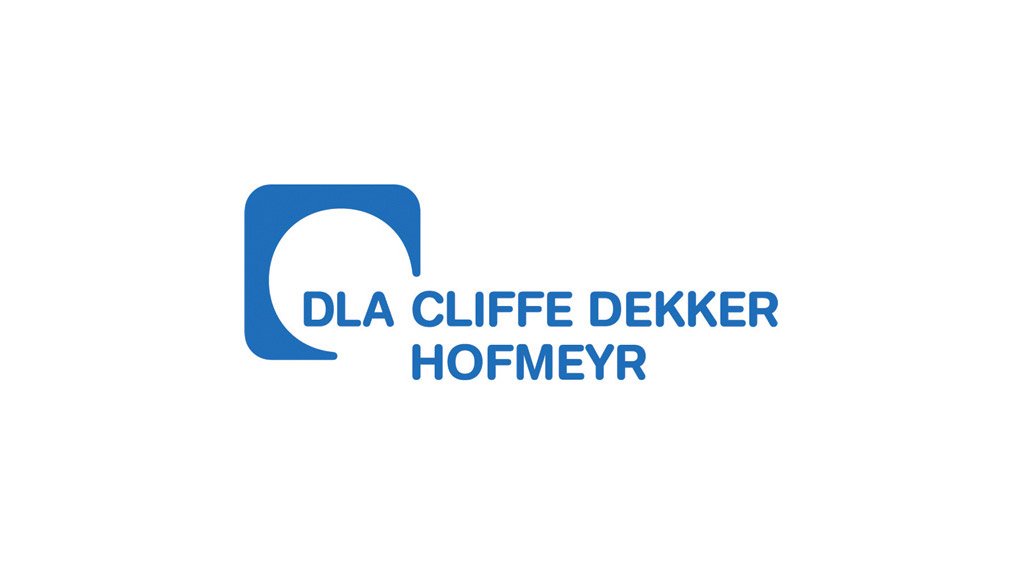On 18 February 2015, the South African Revenue Service (SARS) released Binding Private Ruling 187 (Ruling), which dealt with the waiver of a loan subsequent to the implementation of an intra-group transaction.
The facts were as follows:
- Company A held 74% of the shares in Company B, and Company C held 26% of the shares in Company B.
- In terms of a Black Economic Empowerment transaction, Company A sold its business to Company B.
- The business that Company A sold to Company B was effectively a prospecting and mining business, comprising various assets, including allowance assets, property, debtors, contracts and goodwill.
- Company A had no unredeemed capital expenditure at the time of the sale. The purchase price was to remain outstanding on loan account, which loan account attracted interest.
- Section 45 of the Income Tax Act, No 58 of 1962 (Act) applied to the transfer of the assets as Company A and Company B formed part of the same group of companies.
- Due to various factors impacting the mining industry, Company B had struggled to repay the capital and interest, and a portion of the unpaid interest had been written off by Company A as a bad debt.
- It was proposed that Company A waive the entire loan owing by Company B.
Taking cognisance of the above, it was clear that the parties were concerned about the application of the debt reduction provisions contained in s19 of the Act and paragraph 12A of the Eighth Schedule to the Act.
Generally, where there is a reduction of debt that has been used to fund deductible expenditure or allowance assets, a recoupment could arise in the hands of the debtor in terms of s19 of the Act. Similarly, where there is a reduction of debt that has been used to fund capital assets, it could result in a reduction of base cost and/or a capital gain for the debtor in terms of paragraph 12A of the Eighth Schedule to the Act.
SARS ruled that paragraph 12A would not be applicable at all, presumably because of the group company exemption contained in paragraph 12A(6)(d). However, there is no similar group company exemption available in terms of s19 of the Act. Accordingly, SARS ruled that s19 of the Act would be applicable, but only to the extent that the loan related to allowance assets, other than mining assets in terms of which a deduction was claimed under s15(a) of the Act.
Section 19 would be applicable to the extent that the loan related to mining assets in respect of which a deduction was claimed under s15(a) of the Act as read with s36 of the Act.
In other words, s19 would only apply to non-mining allowance assets and not to mining assets. Unfortunately the Ruling does not elaborate on the reason for making the distinction between mining and non-mining allowance assets.
SARS indicated that s19 will not result in recoupments for Company A in respect of any non-mining allowance assets for which Company A claimed allowances and which were transferred in terms of s45. SARS also ruled that s19 would apply to trading stock still on hand as well as trading stock that had been disposed of.
SARS further indicated that the waiver of the loan would not constitute 'gross income' for Company B to the extent that it does not otherwise constitute a recoupment.
Additionally, and in terms of paragraph 56(1) of the Eighth Schedule to the Act, any capital loss in the hands of Company A in respect of the waiver of the loan must be disregarded to the extent that there are no recoupments or adjustments for Company B.
It is not clear from the Ruling whether s45(3A) of the Act applied to the loan. If it did, Company A would have had a base cost of nil in respect of the loan because it was used to fund the intra-group transaction, and Company A would not have been able to generate a capital loss.
Interestingly, SARS also indicated that paragraph 38 of the Eighth Schedule of the Act would not apply, implying that the waiver would neither constitute a donation, nor a disposal between connected persons not at an arm’s length price.
Written by Heinrich Louw, Senior Associate, Tax, Cliffe Dekker Hofmeyr
EMAIL THIS ARTICLE SAVE THIS ARTICLE
To subscribe email subscriptions@creamermedia.co.za or click here
To advertise email advertising@creamermedia.co.za or click here











